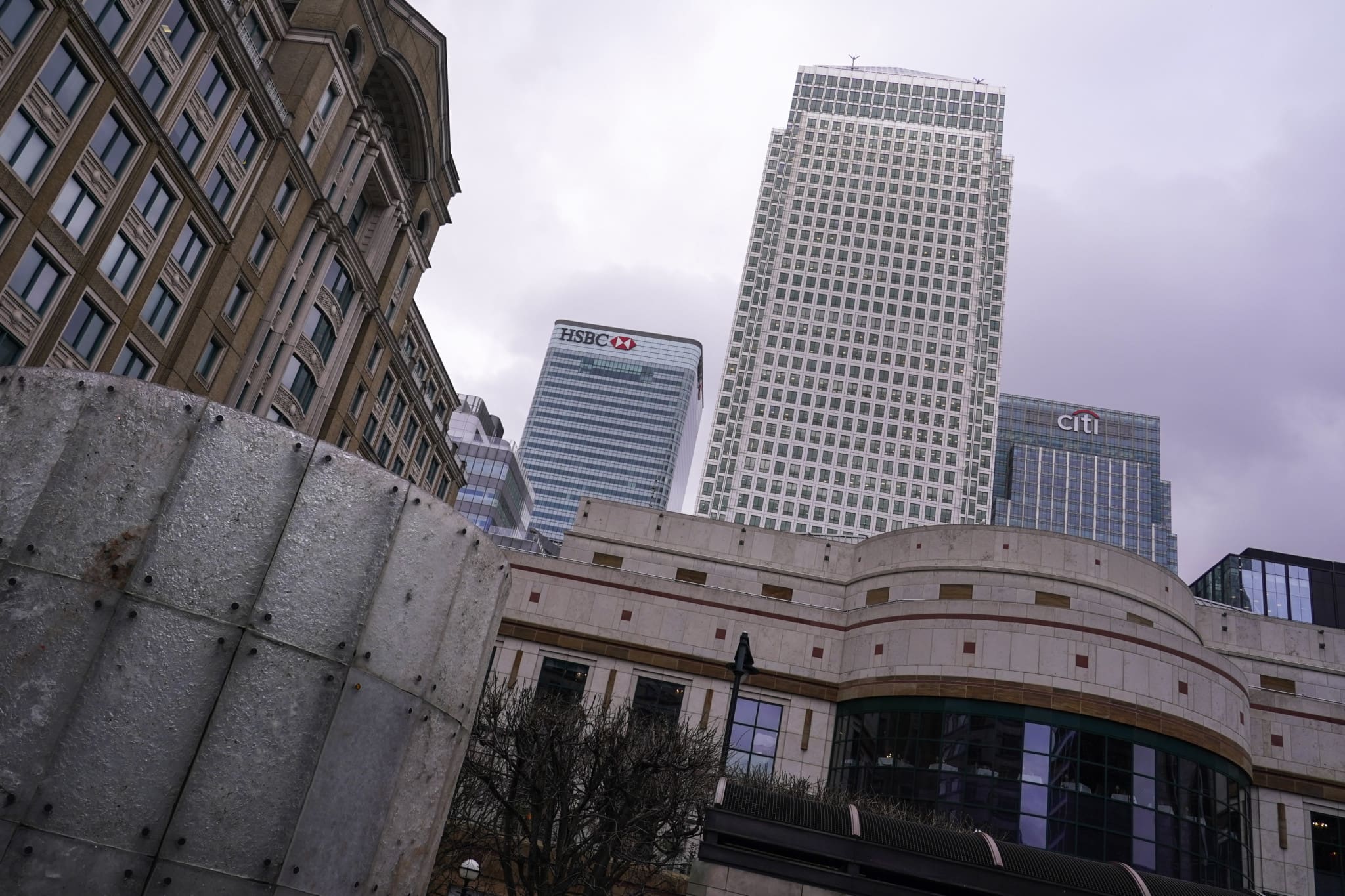U.K. inflation remained in the double digits last month, falling from 10.4 percent to 10.1 percent in March, as food and drink prices continued to soar at the fastest annual rate since 1977.
The decline was less than expected by city economists, who had predicted inflation would fall to 9.8 percent, but it remains lower than its recent peak of 11.1 percent recorded in October last year.
A decrease in fuel prices contributed to the lower rate, but household gas, electricity, and food and drink all remain an area of concern. Food and drink costs saw an inflation rate of 19.2 percent, a 45-year high.
Essentials such as milk, sugar, and olive oil are all around 40 percent more expensive than this time last year.
Grant Fitzner, the chief economist at the Office for National Statistics (ONS), said: “The main drivers of the decline were motor fuel prices and heating oil costs, both of which fell after sharp rises at the same time last year. Clothing, furniture and household goods prices increased, but more slowly than a year ago.
“However, these were partially offset by the cost of food, which is still climbing steeply, with bread and cereal price inflation at a record high,” he added.
Core inflation, which omits the volatile food and energy sectors, remained at 6.2 percent, while inflation on services was 6.6 percent.
The ONS data published on Wednesday means the U.K. boasts the highest inflation across Western Europe and is the only country in the region to record double-digit inflation for March.
In comparison, Austria recorded the second-highest inflation rate last month at 9.2 percent, followed by Italy with 8.2 percent, Sweden with 8.1 percent, and Portugal with 8 percent. By contrast, Spain recorded the lowest rate in the region at 3.1 percent, followed by the Netherlands with 4.5 percent, and Belgium with 4.9 percent.
Financial markets are now predicting with 97 percent certainty that the Bank of England will vote to increase the base rate of interest to 4.5 percent at its next executive meeting on May 11.
“It’s now clear the U.K. has an inflation problem that is worse and more persistent than in Europe and the U.S.,” said Ed Monk, associate director at asset management firm Fidelity International.
“Price rises here are proving more difficult to neutralize and the Bank of England will almost certainly add at least one more quarter-point hike to borrowing costs,” he added.






